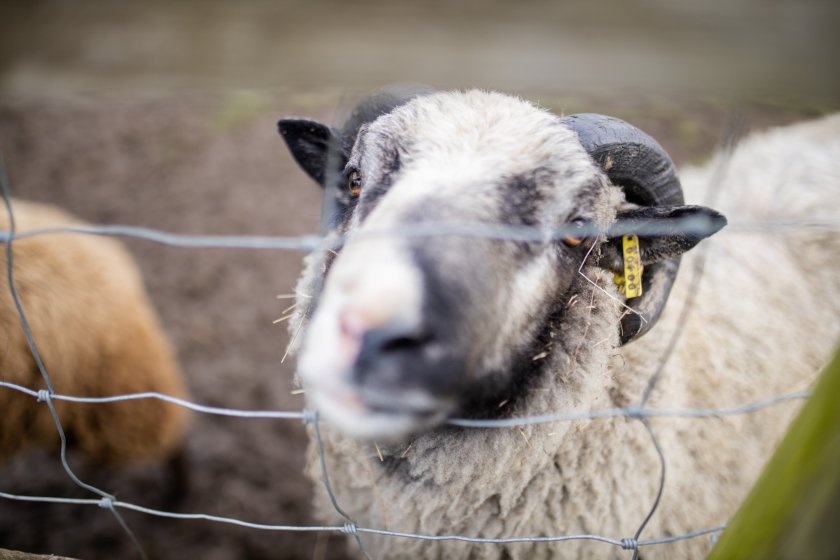
An outbreak of bluetongue in the Netherlands has triggered a reminder for British farmers to take measures to minimise the risk of disease spread in the UK.
The disease was reported on four sheep farms in the Netherlands on 5 September, the first outbreak in the country since 2009.
However, up to 600 farms might now be contaminated with the disease, according to Agriculture Minister Piet Adema.
Dutch vets are reporting severe illness in sheep, with high fever and lesions around the coronary band, udder, face and mouth.
Bluetongue has the potential for rapid spread, with significant production losses for sheep and cattle, and is of major importance to the international trade in livestock.
The last outbreak of bluetongue in the UK was in 2007, meaning it has been officially free of the virus since 2011.
AHDB said the case in the Netherlands "serves as a timely reminder" of the disease's clinical signs and the precautions that farmers should take.
The levy board said: "The bluetongue virus is spread by wind dispersal of infected biting midges and through the import of affected animals, their germplasm (sperm and eggs) and foetuses.
"Sheep are more likely to show clinical signs of bluetongue than cattle or goats. Some animals may show no clinical signs – these animals pose a risk for spreading the disease to new areas and countries.
"If you are importing livestock, sperm or eggs, speak to your vet before deciding to import them and ensure you are following the latest guidance and legislation."
The disease affects all ruminants and camelids and has the greatest production impact on dairy cattle due to the drop in milk yield.
It does not affect humans or have an impact on food safety, but the disease can cause serious illness and death in affected animals.
Bluetongue is a notifiable animal disease; therefore, any suspicion of disease must be reported immediately.
